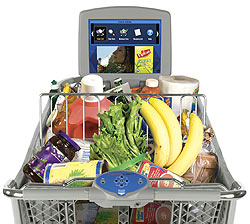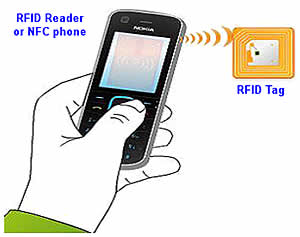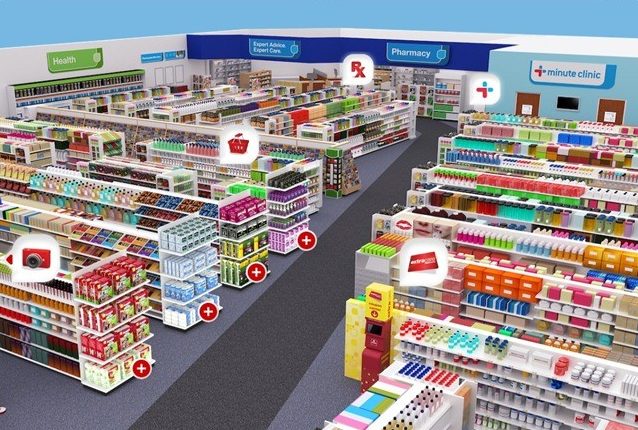Radio frequency identification chips are already widely used in supermarkets and shops for the purpose of stock control, but some people fear their use could be widened to monitor the habits and behaviour of ordinary citizens. At the moment, these tags, which are little bigger than a grain of sand, are embedded into pints of milk and library books. When paired with an RFID reader, the tags can help to provide detailed information about items, such as their location, or how many there are.
Although most people are happy for RFID tags to be used in stores to monitor stock levels, they’re less happy about the idea of the chips still sending out a signal once they leave the shop. On a benign level, such tracking capabilities would mean a store would know that people in Hertfordshire prefer blue cashmere jumpers, while those in Aberdeen favour the brown versions. But on a more sinister level, it could also enable them to glean an unprecedented insight into our personal lives, and target their brands to us accordingly.
To those people who fear a “surveillance culture”, the ability to tag and track everything from our food to our clothes would be the next step on an already slippery slope.
Source: Big Brother is Watching You






















